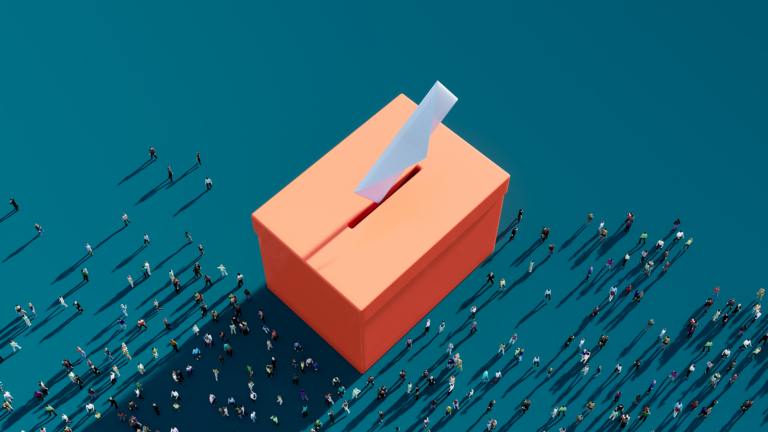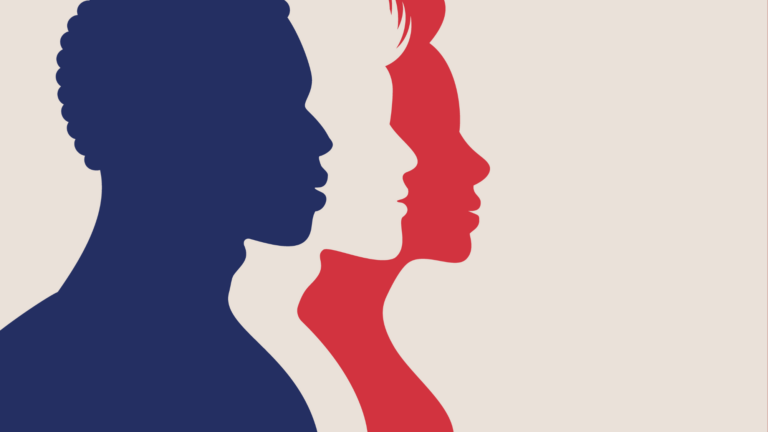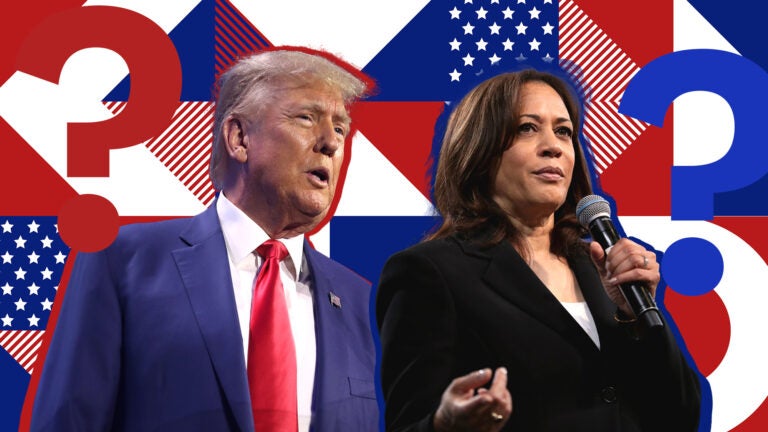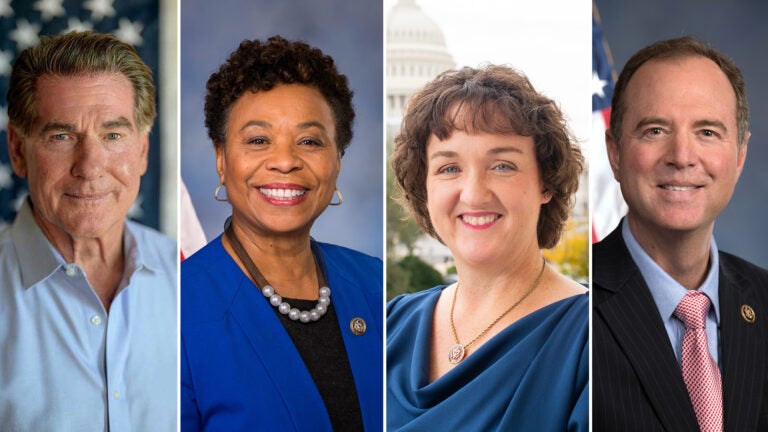An evolutionary adaptation that allows one ocean bacteria to thrive could prove to be its Achilles Heel as oceans change, new study reveals.
News Stories
Experts on politics in Canada, Germany, Chile, Belarus and the Philippines weigh in on what to expect as each country’s voters prepare to head to the ballot box.
Experts discuss how groups with historically low voter turnout could play a deciding role this election and how and shifting party alliances might reshape politics broadly.
Evangelicals are often regarded as a uniform, monolithic group − but there are differences within their politics and social engagement.
A USC Dornsife political scientist explains the basics behind polling and why their numbers sometimes don’t match the final voting results.
USC Dornsife scholars suggest several questions they’d like Vice President Kamala Harris and former President Donald Trump to address regarding critical issues that aren’t getting as much attention as others.
Barnes, an expert in law, politics and public policy, explains how recent Supreme Court decisions and a shift in judicial tactics are reshaping U.S. politics.
Four candidates vying for the late Dianne Feinstein’s former seat convene on Jan. 22 at USC for the 90-minute debate co-hosted by Fox11 Los Angeles and POLITICO.
How early American immigrants’ beliefs and writings are often misquoted or taken out of context by GOP candidates for the nation’s highest office.
It’s Election Day, you go to vote — and you’re told you’re not registered or you’re not eligible to vote. A civil rights lawyer provides a guide for how to respond.









